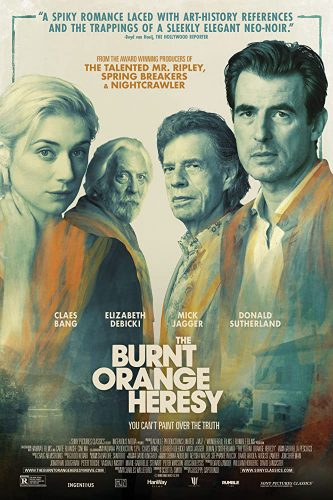
Casual thrills in “The Burnt Orange Heresy”
If viewed as an allegory, or as a film with any philosophical profundities to offer about the world, “The Burnt Orange Heresy” seems to collapse before our eyes.

If viewed as an allegory, or as a film with any philosophical profundities to offer about the world, “The Burnt Orange Heresy” seems to collapse before our eyes.

In “How to Build a Girl”, Johanna Morrigan is a teenaged girl who reinvents herself as a worldly music critic, Dolly Wilde, complete with red hair and a scathing penchant for tearing down musicians.

In “Summerland”, Alice Lamb is entrusted with the care of a young boy seeking safety from his London home in her Kent cottage during the height of World War II.
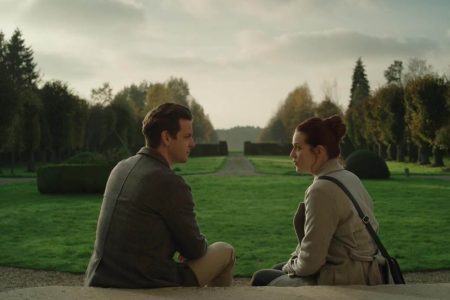
The social and cultural implications of the present pandemic are so incisive, it feels impossible not to see it in any media that we consume.

Ambition is a tricky thing. On its face, the word, which means “a strong desire to do or achieve something,” is innocuous.

There is scene that comes a little over halfway into “Never Rarely Sometimes Always”, where director/writer Eliza Hittman reveals the meaning and value of the film’s title in one of the most searing moments in cinema of 2020.

Max Barbakow’s directorial debut is another entry in the long line of media about time loops.
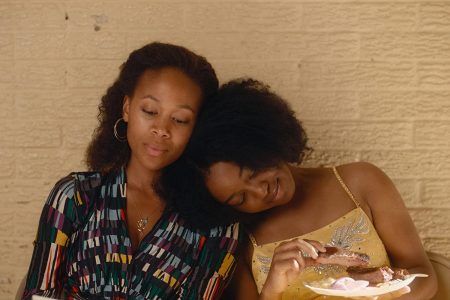
It makes sense that the very best of “Miss Juneteenth” seems to emanate from the warm, but unflappable gaze of Nicole Beharie.

In “The Personal History of David Copperfield”, Armando Iannucci’s adaptation of Charles Dickens’ bildungsroman paints the varied locales of Victorian-era England with strokes of playful whimsy that bleed into its mood and form.
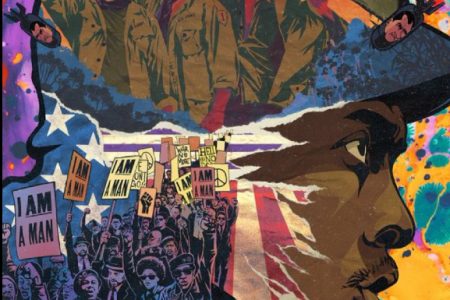
Every interaction of our lives is affected by the weight and history of things that came before – our politics, our forefathers, exigencies of power, the meeting points of class, race and gender.

Before the North American premiere of “Wasp Network” at the Toronto International Film Festival (TIFF) last year, director Olivier Assayas appeared to introduce the film to the audience.

It’s anyone’s guess what the film industry, local and international, will look like whenever the world comes out on the other side of the current pandemic.

What does it mean for art to become political? The question occurred to me this past week watching the way protests against anti-blackness spilled out from the USA to the rest of the world after police killed yet another black life.
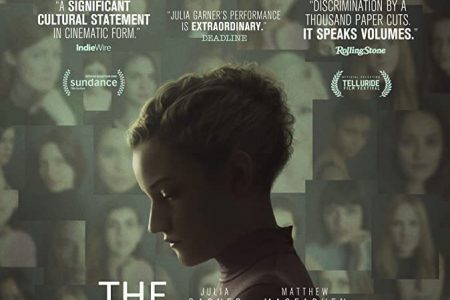
A young woman is picked up before sunrise by a driver and travels from her home to her office.

There’s a tenderness to Lucio Castro’s debut film, “End of the Century,” that feels too fragile to be sustained.

Nothing in the deliriously trippy “Ema” is accidental. Instead, Pablo Larraín’s nervy drama deepens in complexity when you try to dissect any individual moment.

2002: Long Island, New York. Frank Tassone, a high-school superintendent, impeccably dressed in a fancy suit, preps for an evening assembly meeting with parents of Roslyn High School.

It makes sense that Australian director Justin Kurzel would get around to making a film about Ned Kelly, Australia’s most infamous outlaw.

Can one come of age in their thirties? In many ways, “Endings, Beginnings”, the new feature from director Drake Doremus, is best considered as a kind of delayed coming-of-age story of a woman coming to terms with her life.
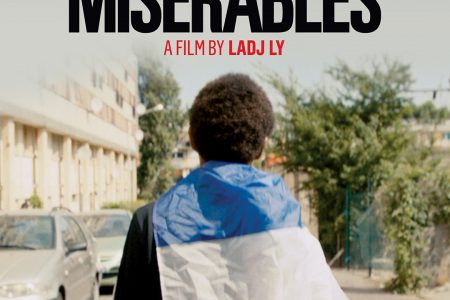
Last week, amidst the ongoing coronavirus pandemic, two French doctors appeared on television discussing the possibility of testing experimental treatments against the virus in Africa.
The ePaper edition, on the Web & in stores for Android, iPhone & iPad.
Included free with your web subscription. Learn more.